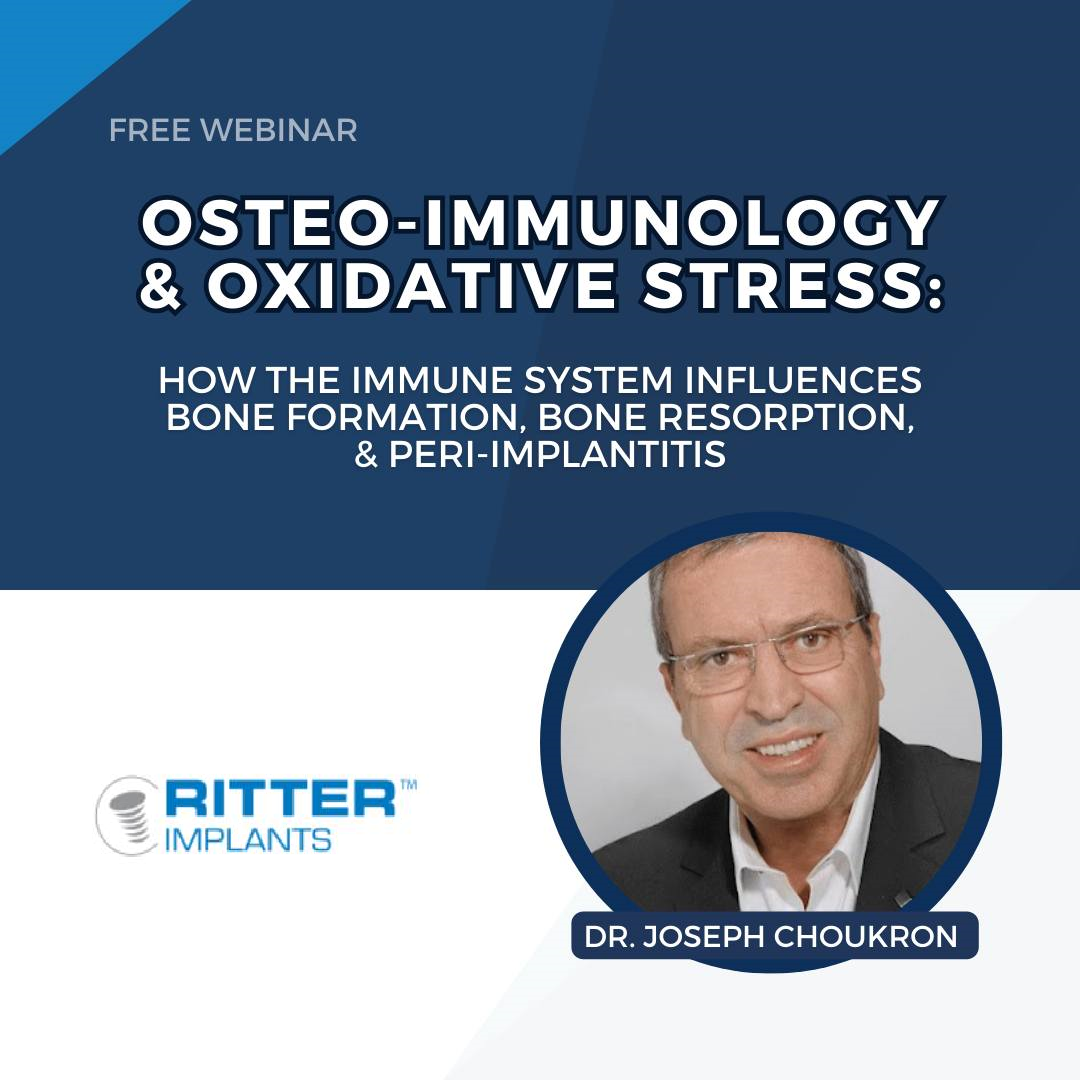Login
Register
Login
Register





Join us for the 9th edition of the ImplantoDays Congress 6 – 8 June 2024, in the breathtaking setting of Poiana Brașov.
Presented by: Howard Gluckman, BDS, MCHD, PHD, Christian Coachman, Maurice Salama, +5 moreMiguel Stanley, Marcelo Ferrer Balart, Henriette Lerner, Ventseslav Stankov, Roberto Carvalho da Silva
Affiliates: ImplantoDays
Event Date: June 6, 2024
View DetailsUPCOMING WEBINARS
View All Webinars

Webinar Presenter:
,Webinar Date: May 1, 2024
CE Hours:
<p class="text-align-left" data-pm-slice="1 1 []">This course is designed to provide healthcare professionals, particularly those in regenerative dentistry and ...
View Webinar
FROM THE FORUM
View DXP Forum
LIVE EVENTS
View All Events
NEW CONTENT
View All Content

- 4/24/2024
How the immune system influences bone formation, bone resorption & peri-implantitis.

- 3/21/2024
IV Sedation and When to Introduce an Anesthesiologist
OUR CONTINUING DENTAL EDUCATION SPECIALTIES
TRY BEFORE YOU BUY
Using a Flexitime® Matrix in Anterior Composite Restorations
Feb 17, 2010
Proof of Principle: human histologic demonstration of socket healing with socket shield and grafting using non-demineralized autologous tooth dentin graft
Apr 24, 2023
The Replacement of Small-Diameter Teeth in the Esthetic Zone Using Narrow-Diameter Implants
Sep 20, 2022
4 Steps to a Predictable Full Arch Rehabilitation
Jun 1, 2021
ATTEND EVENTS WORLDWIDE

Date: 5/16/2024
Location: Modena, Italy